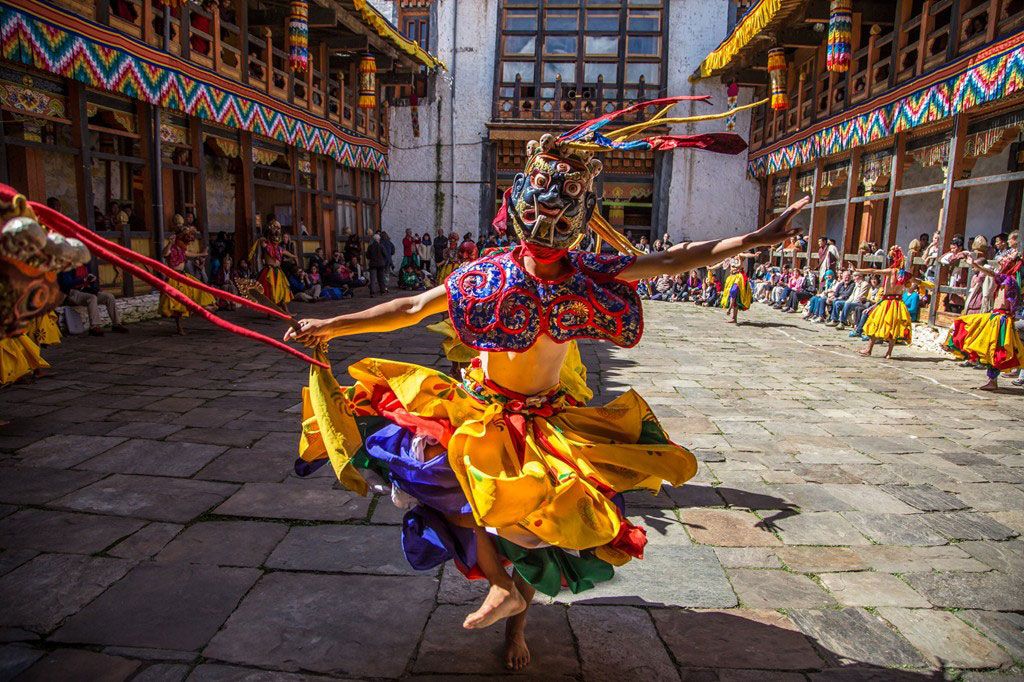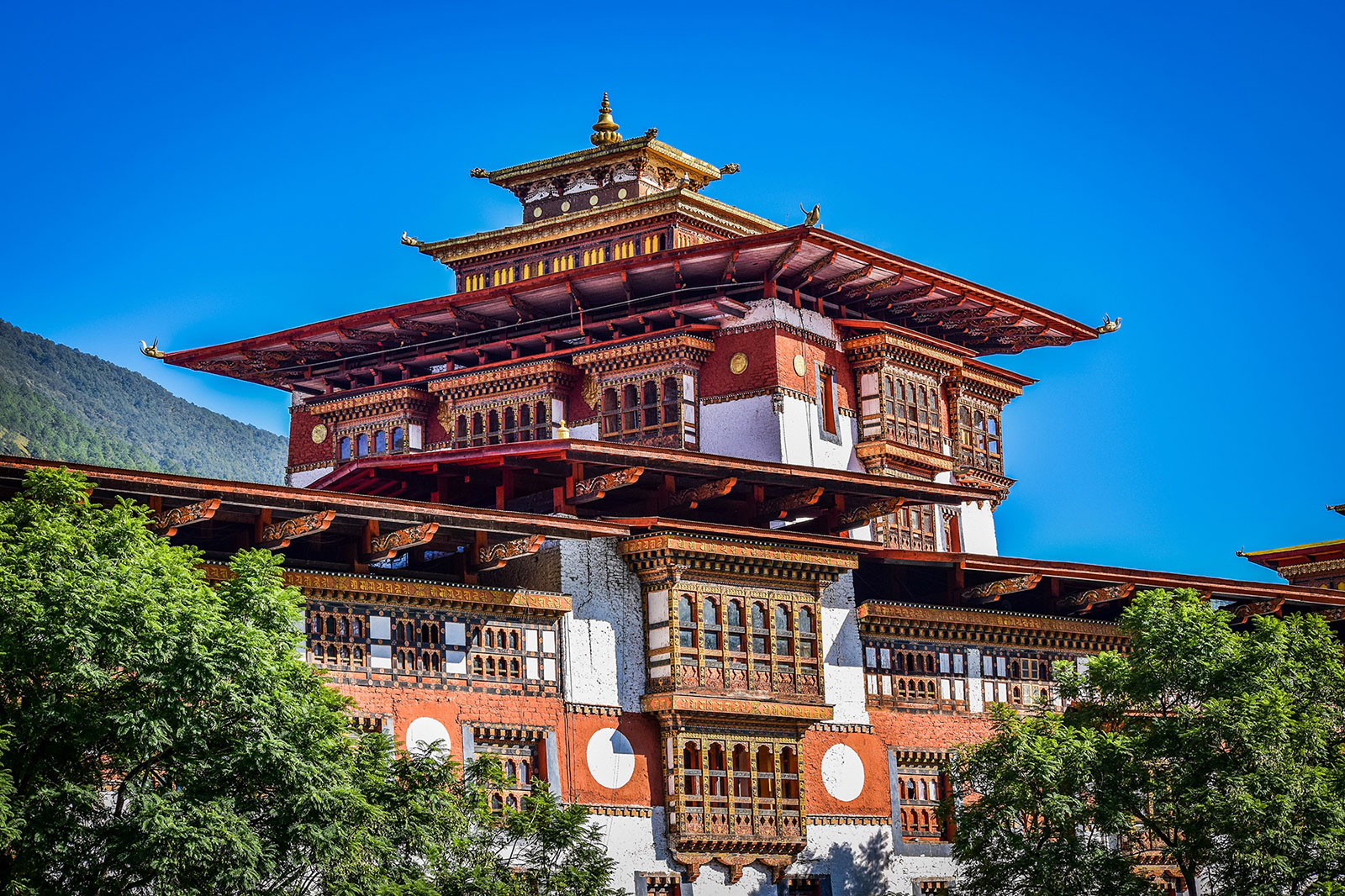Ailments and illnesses have driven people from all walks of life to a quaint cottage in Hongtsho, about ten minute walk from the motor able road. They wait to get treated for their ailments and illnesses by Dungtso Sherab, 78, an elderly person and a renowned traditional doctor. Although retired from his medical profession 16 years ago, a very high demand for traditional medicine and unshakable trust on his medical skills have compelled Dungtso Sherab to continue with the profession. He is an acupuncture specialist.
At noon, Dungtsho Sherab Jorden, 78, opens the door to the cottage He follows a strict schedule and, if anyone raps on the door before or after the treatment time, he simply ignores it.
His time is divided between prayers and treating patients with various illnesses and ailments, like backaches, dizziness, blood pressure, swelling and joint aches, among others.
At least two patients visit the dungtsho everyday.
Yangden, a teenager, had visited several hospitals and finally sought the help of the dungtsho. Yangden became mute about six months back. “She woke up one morning and she couldn’t speak,” her aunt, who was assisting her, said.
As they entered, Dungtsho smiled and asked them to be seated. It was Yangden’s second visit.
After whispering prayers, Dungtsho picked a pin from a container with cotton soaked in disinfectant. He slowly pricked thin silver needles around the girl’s mouth, one on her neck and one on her temple.
“Let’s see what happens,” Dungtsho Sherab Jorden said, explaining acupuncture is a healing practice, where one uses needles to prick skin or tissue of the affected area on the body.
“The needles helps stimulate nerves and muscles, activating and boosting the affected parts, and works as a natural painkiller,” he said. “It also increases blood flow in the body.”
About 20 minutes later, he removed the needles from Yangden.The next patient to walk in through the gate was Tashi, 34, from Wangduephodrang.
Tashi has been suffering from high blood pressure, which resulted in severe headaches, dizziness and absentmindedness.
“I controlled my diet and my pressure decreased, but the headaches never subsided,” Tashi said. “I even went to the hospital, but it didn’t help me, so I came here.”
The treatment had an immediate impact on Tashi. “Immediately after the first treatment, I felt a sense of clarity, as if a huge load had been lifted from my head,” he said. “And I wanted to come back for more since it helped me.”
While waiting for the needles to work, Dungtsho Sherab Jorden seated in his chair kept turning the miniature prayer wheel on the table.
“I came here to meditate 13 years back, but people keep coming for treatment,” he said.
In the makeshift shelter in his compound, where he treats his patients is a certificate from the health ministry, acknowledging his skills and allowing him to practise.
“It brings me satisfaction when people tell me the treatment helped them,” Dungtsho Sherab Jorden said.
After two hours when all the patients left, Dungtsho Sherab Jorden closed his gate and returned to his cottage to meditate.
Dungtsho Sherab Jorden came to Bhutan from Tibet as His Holiness Namkhai Nyingpo rinpoche’s dungtsho in 1959.
In Bhutan, he spearheaded the establishment of national institute of traditional medicine in 1968, after receiving a royal command









